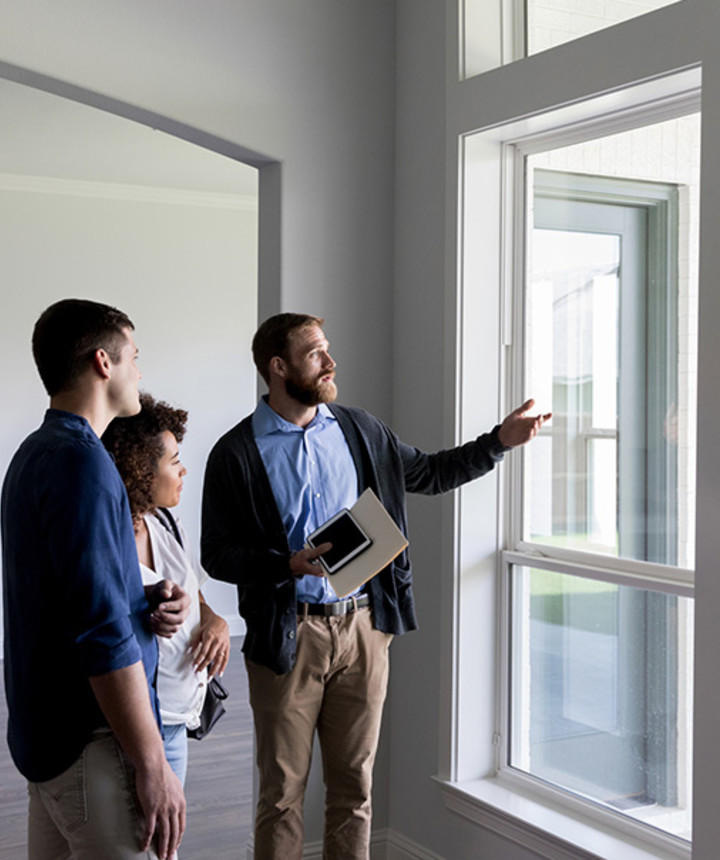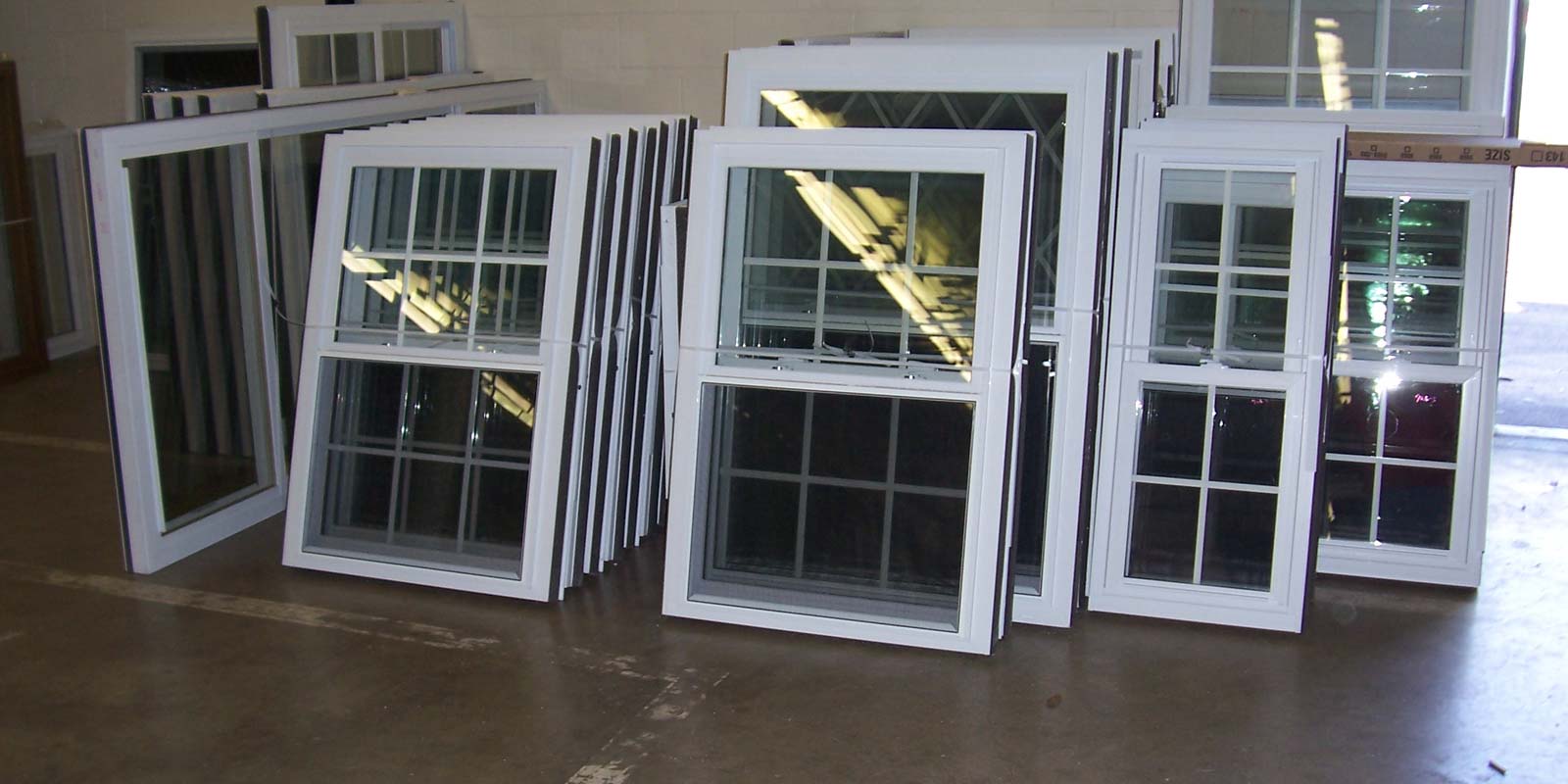High-Quality Window Replacement Solutions in Your Location
High-Quality Window Replacement Solutions in Your Location
Blog Article
Upgrade Your Home With Energy-Efficient Window Substitutes
In the world of home enhancement, the decision to update to energy-efficient window substitutes can significantly impact both the functionality and appearances of a house. Past the surface area level of simple aesthetic appeals, energy-efficient windows use a wide range of benefits that go beyond simple curb appeal.
Advantages of Energy-Efficient Windows

The installation of energy-efficient home windows offers significant cost savings on utility bills while boosting environmental sustainability. Energy-efficient home windows are developed to decrease heat loss and gain, lowering the requirement for home heating and cooling systems to function overtime. By efficiently shielding the home, these windows aid maintain a comfy indoor temperature level year-round, resulting in lower power usage and decreased energy costs. Furthermore, energy-efficient windows can aid control dampness degrees within the home, minimizing the danger of mold and mold growth.
Past the economic benefits, energy-efficient windows contribute to ecological sustainability by lowering carbon emissions connected with power manufacturing. By decreasing energy use, these home windows help reduce the environmental effect of cooling, heating, and lights household rooms. This decrease in power intake plays an important function in combating climate modification and promoting a greener future for generations to find. In general, investing in energy-efficient windows not only improves the comfort and efficiency of a home but also aligns with environmentally conscious practices.
Sorts Of Energy-Efficient Glass
Various sophisticated kinds of energy-efficient glass deal unique residential or commercial properties that cater to various demands and choices in enhancing the sustainability and effectiveness of structures. Triple-pane glass, being composed of 3 layers of glass with insulating gas between them, gives boosted thermal insulation, making it highly energy-efficient. Additionally, self-cleaning glass with a special layer that damages down and loosens dirt when subjected to sunshine can lower upkeep needs and keep windows looking tidy.
Variables to Consider When Choosing
When considering energy-efficient home window replacements, it is imperative to very carefully assess specific aspects that line up with your sustainability purposes and wanted energy savings. One vital variable to consider is the window's energy performance scores, such as the U-factor and Solar Heat Gain Coefficient (SHGC) The U-factor measures how well the window protects, with reduced numbers showing better insulation, while the SHGC suggests the window's capability to block heat from sunlight. Furthermore, the home window framework material plays a substantial role in energy efficiency. Materials like fiberglass, vinyl, or wood with thermal breaks are outstanding options for lowering warmth transfer. Another essential factor to consider is the window design and orientation worrying sunlight direct exposure. Selecting the right window design and tactically placing them can optimize natural light while minimizing warmth gain or loss. Finally, installation high quality is essential to ensuring the home windows perform as planned. Proper installment assists prevent air leak, ensuring optimal power efficiency. By very carefully assessing these variables, you can select energy-efficient home windows that enhance comfort, reduce energy costs, and profit the setting.
Installment and Maintenance Tips

Normal upkeep is essential to preserving the efficiency of your energy-efficient windows. Evaluate the home windows regularly for any indicators of damage, sealer, or wear wear and tear. Clean the frames, tracks, and glass frequently using light soap and water to eliminate dirt and crud that can influence efficiency. Check the weather-stripping and seals for any type of voids or rips and replace them if required to preserve the home windows' power effectiveness.
Additionally, oil moving parts such as locks and hinges to guarantee smooth procedure. By complying with these installment and upkeep pointers, you can boost the energy performance of your home and extend the life expectancy of your energy-efficient home windows.
Cost-Benefit Evaluation of Updating

Energy-efficient windows are made to lessen warm transfer, reducing the demand for home heating and cooling systems to burn the midnight oil. This can cause considerable savings on power expenses, particularly in areas with severe temperature levels. In addition, energy-efficient windows can improve the total value of your home, making it more appealing to potential buyers if you make a decision to market in the future.
When computing the cost-benefit analysis, element in the potential savings on energy bills, any kind of offered rewards or rebates, and the life-span of the windows. While the initial price may be greater, the long-lasting savings and benefits of energy-efficient home windows make them a wise financial investment for home owners aiming to enhance their residential property's energy efficiency and worth.

Conclusion
Finally, upgrading Get More Information to energy-efficient home window replacements uses numerous advantages such as reduced energy usage, boosted convenience, and price financial savings. By picking the suitable kind of energy-efficient glass and taking into consideration elements like framework product and installment, homeowners can maximize the efficiency of their windows. Routine upkeep and proper setup are crucial for long-term performance. In general, the cost-benefit analysis of upgrading to energy-efficient windows reveals that the preliminary financial investment can bring about substantial financial savings in the long run.
When pondering energy-efficient home window replacements, it is vital to very carefully evaluate specific factors that straighten with your sustainability purposes and preferred energy savings. The U-factor actions exactly how well the window insulates, with reduced numbers suggesting much better insulation, while the SHGC indicates the window's capacity to obstruct warm from sunlight. By very carefully reviewing these variables, you can choose energy-efficient windows that enhance comfort, lower energy costs, and profit the atmosphere.
While energy-efficient windows might have a greater upfront cost contrasted to conventional windows, the lasting benefits often surpass the preliminary go to website investment.In verdict, upgrading to energy-efficient window substitutes uses various advantages such as decreased energy intake, boosted comfort, and cost financial savings.
Report this page